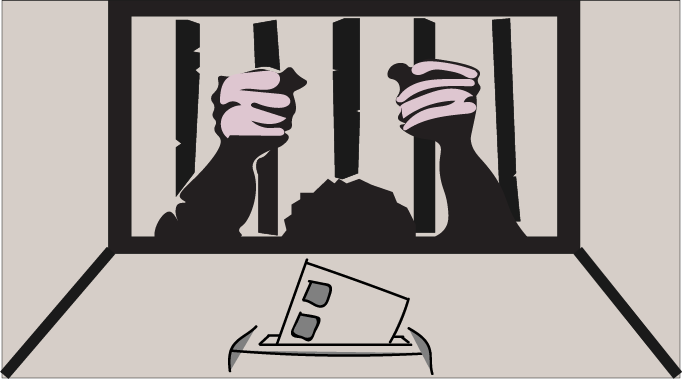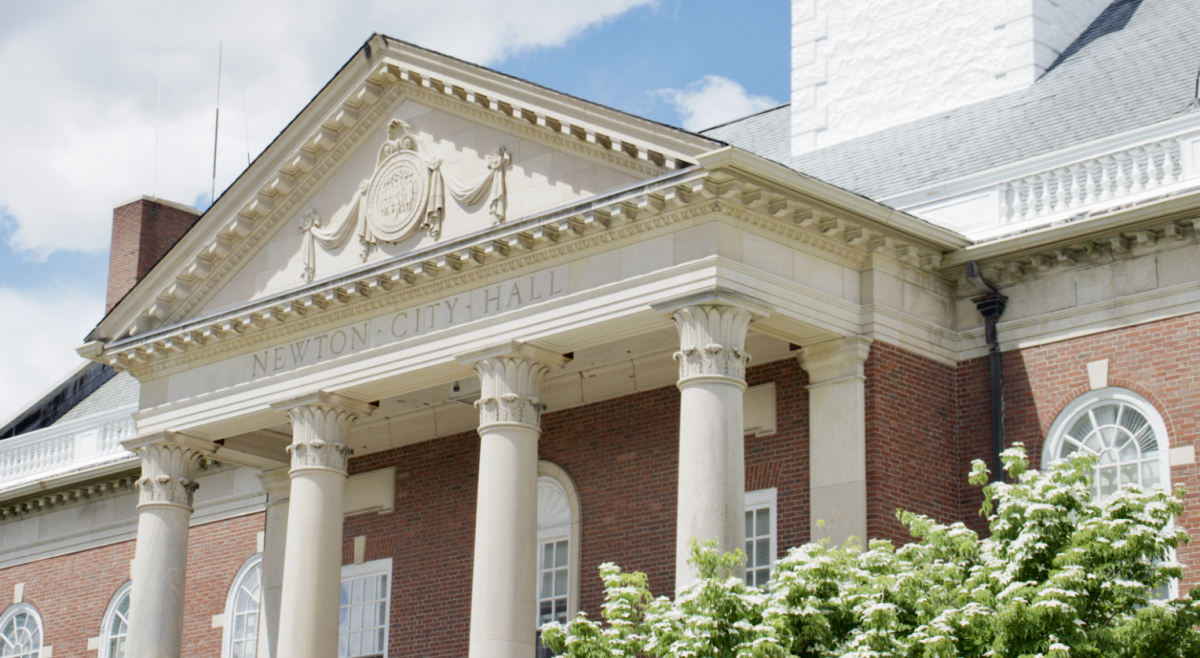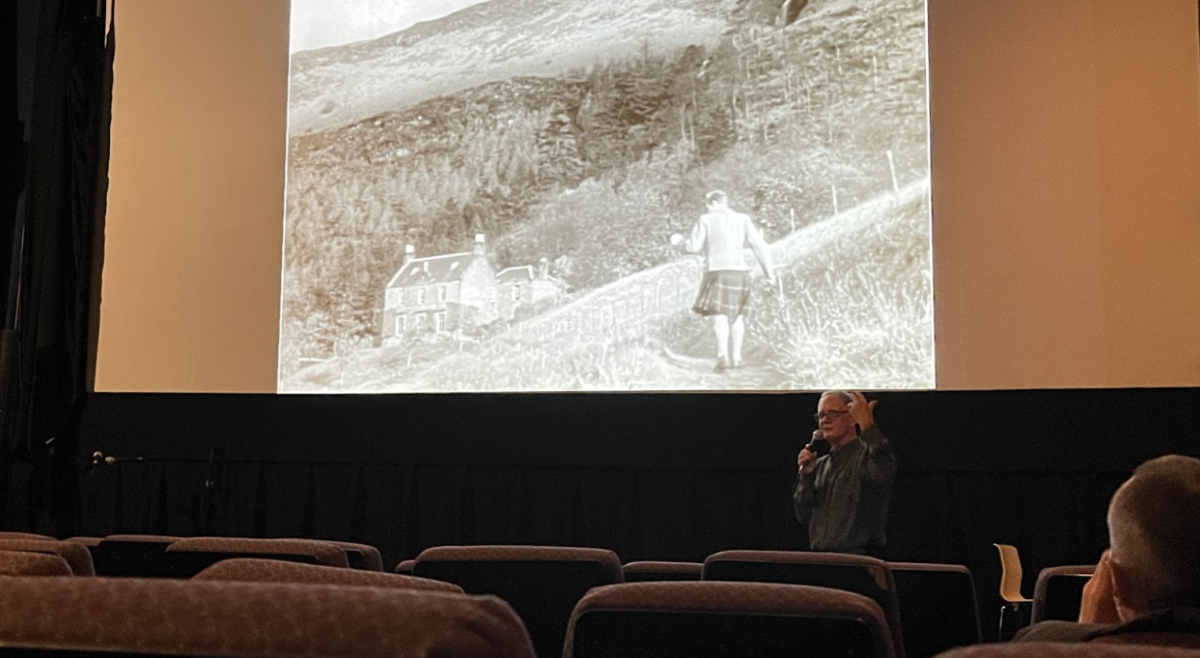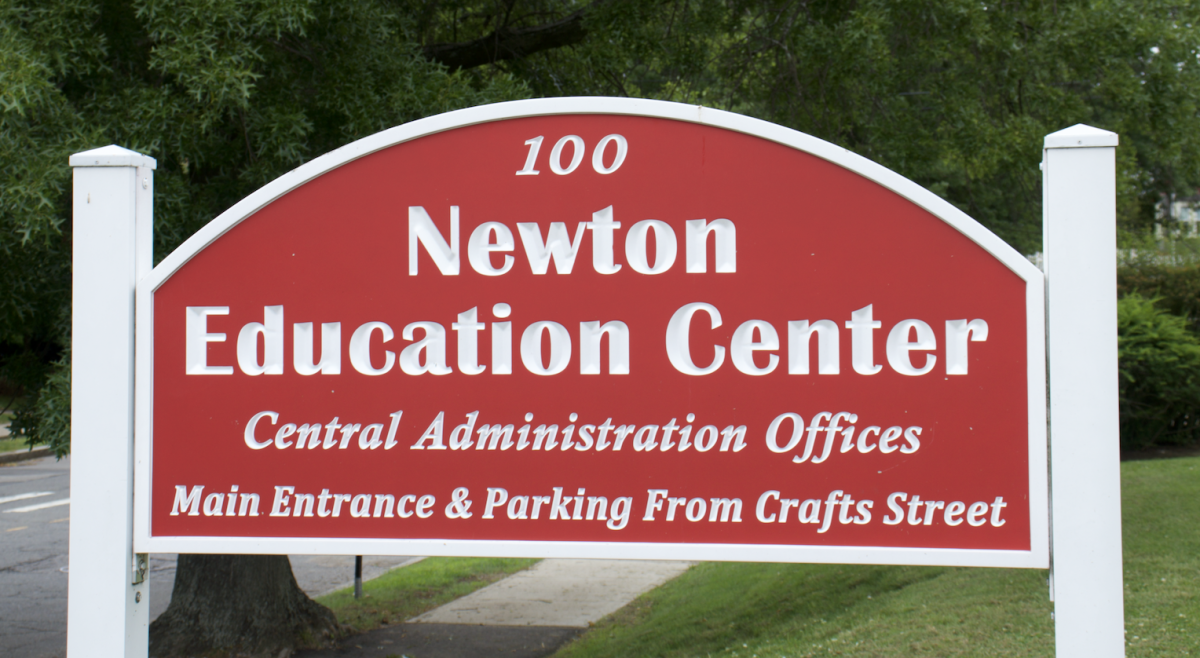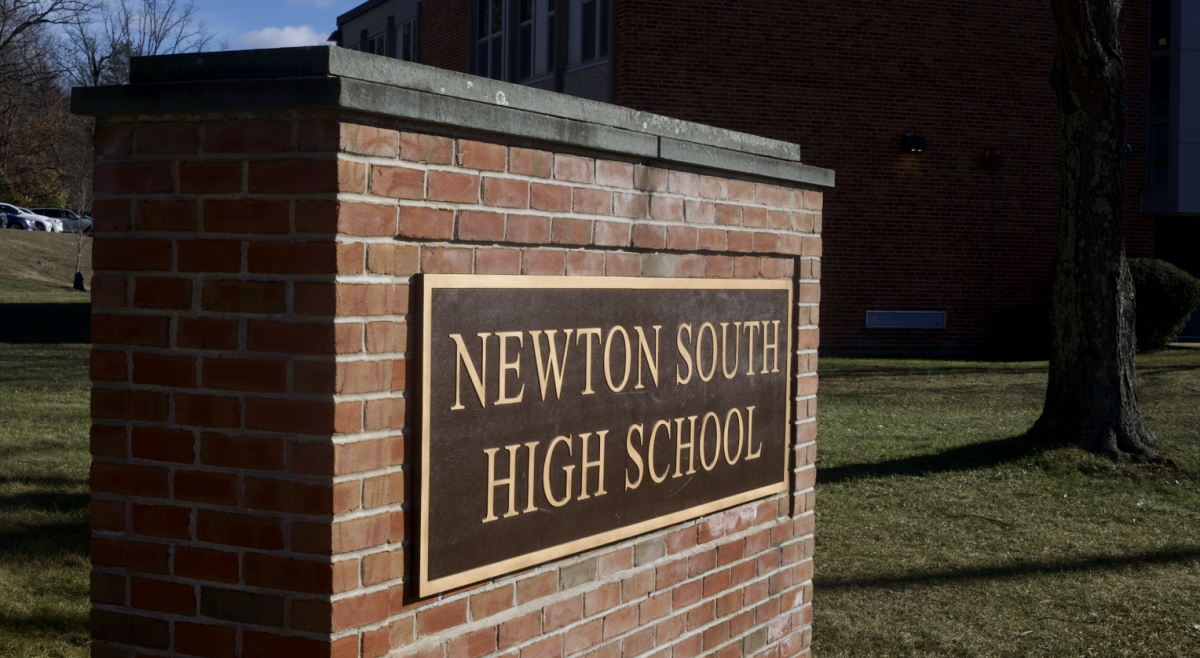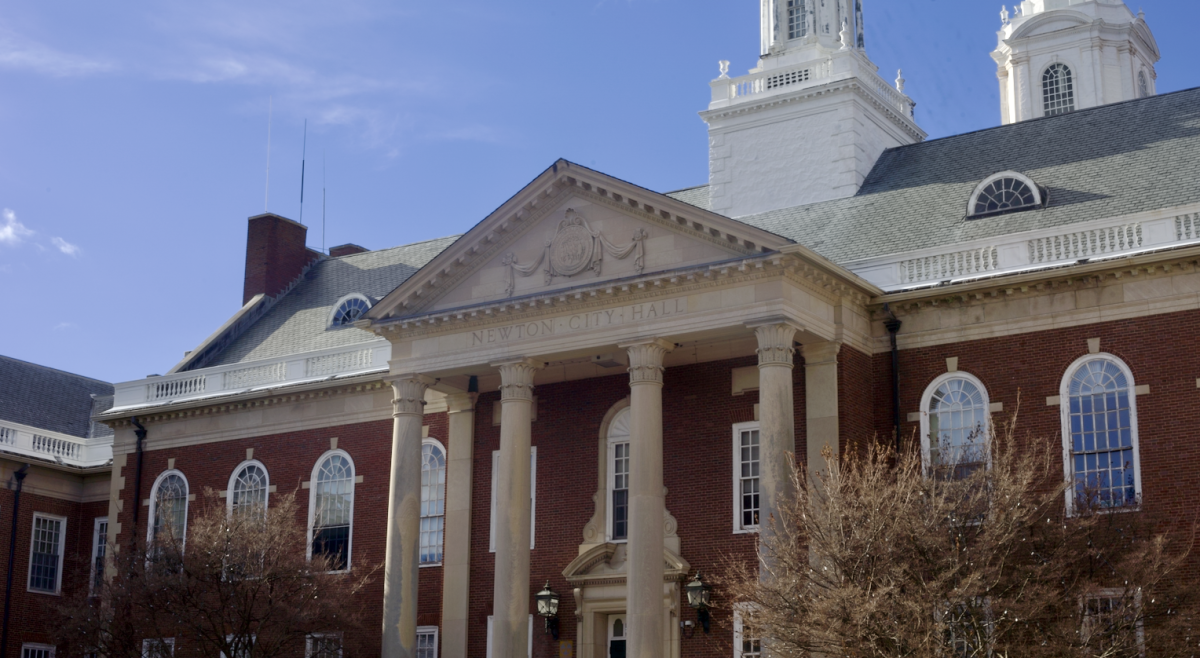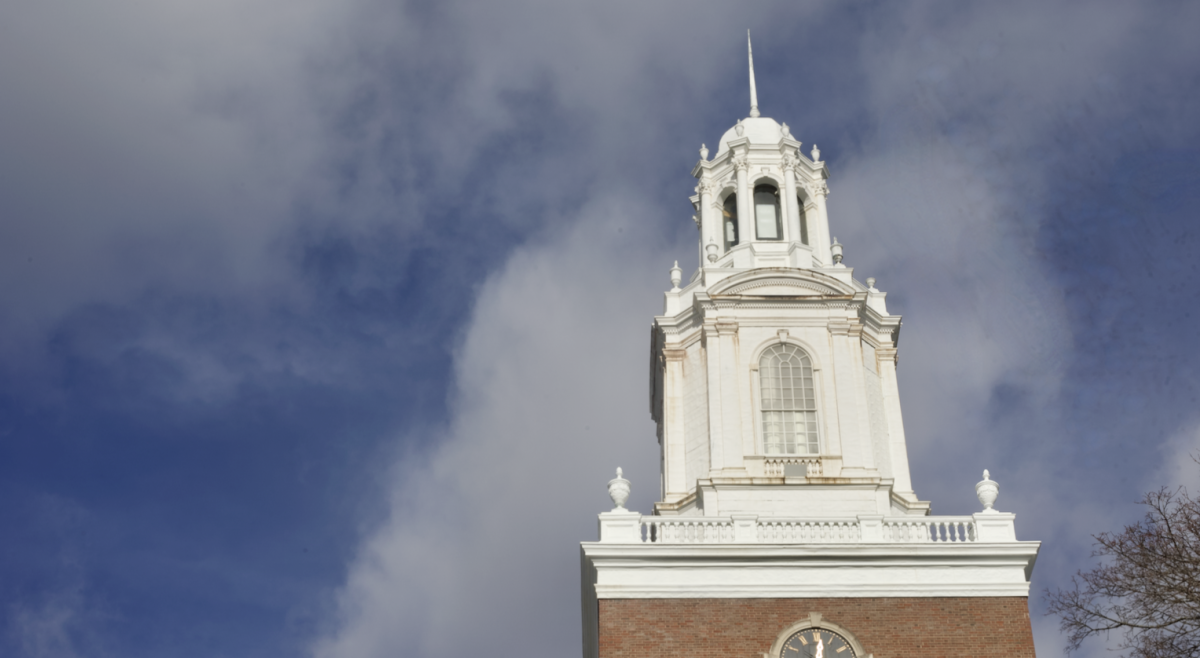If you take the Green Line from Boston College, make a few transfers at Park Street and Downtown Crossing, and ride an extra three minutes to Chinatown, you will find some of the best Boston has to offer. A neighborhood overflowing with culture, in this area nestled between Downtown Crossing and the South End you can find a lively Main Street, some of the city’s best food, a rich history-but no public library.
That’s right, a neighborhood with a population density of almost double Boston’s average doesn’t have that epicenter of knowledge-of which BC has seven, mind you- and hasn’t had one for 58 years.
The idea that a very much lived-in area hasn’t had a library for a few generations of students scares me. This might just be the thoughts of an anxious, first-year English major, but it could be said that this neighborhood saw a highway as more important than something I will spend the next four years studying, as the previous public library was torn down during turnpike construction.
While the importance of books, reading, and literacy seems like it should be an ingrained foundation of every educated person, more and more the necessity of a good book (and the ability to read that good book, for that matter) slips away into the special place where our brain keeps the once-learned skills of long division and how to write the letter “F” in cursive. The thought is there but never makes its way past calculus homework or Monday night football, to stay forever plastered on the walls of every second grade classroom in America, in bold letters, and under a washed-out celebrity holding his or her book of choice. Read. Some of us are forced to think it, the wonderful plight of an English major, but most don’t think it enough. And there is a much better chance of people remembering to read if their neighborhood has a library.
Obviously, Chinatown’s missing library doesn’t mean that the neighborhood is void of all forms of print, rather that the residents don’t have the chance to experience the beautiful borrowing system that motivates people to remember to read. From age 4 to 9 I almost lived at the library, an allowance my physicist father and engineer mother most likely regret in hindsight, but even today as I iron out my next few years to consist of Joyce and Wordsworth, they never cease to stress the importance of reading in any course of study.
The significance of reading goes beyond my excitement for the classics, extending to the trashiest of romance novels and even this paper. Not only is reading by nature fun or informative, according to the University of Sussex, Rush University, and the National Academy of Sciences, but also, getting lost in a good book can help one overcome stress, sleep better, and even prevent Alzheimer’s disease. Try to get those benefits out of an iPad, I dare you.
Most of my reading, and that of my peers, currently consists of dry, equation-heavy, or translated pages which seem impossible to get through, but we couldn’t have reached, or found success in, the lovely arena that is collegiate-level text if we hadn’t thoroughly analyzed every rhyming word of Dr. Seuss at some point-a book that the children of Chinatown currently cannot easily borrow.
Of course kids read in school, but that annoying classmate who always aced his spelling tests and was reading the third Harry Potter book before the rest of the class could get through Junie B. Joneswas probably an avid library-goer and, I would like to think, is better off wherever he is now because of it.
The silver lining on my reading rant is beginning to shine through, however, as those spelling experts and Harry Potter-toting 8-year-olds are starting to do something about Chinatown’s literary loss. You could even-and should even-read about it a few hundred words across this page.


